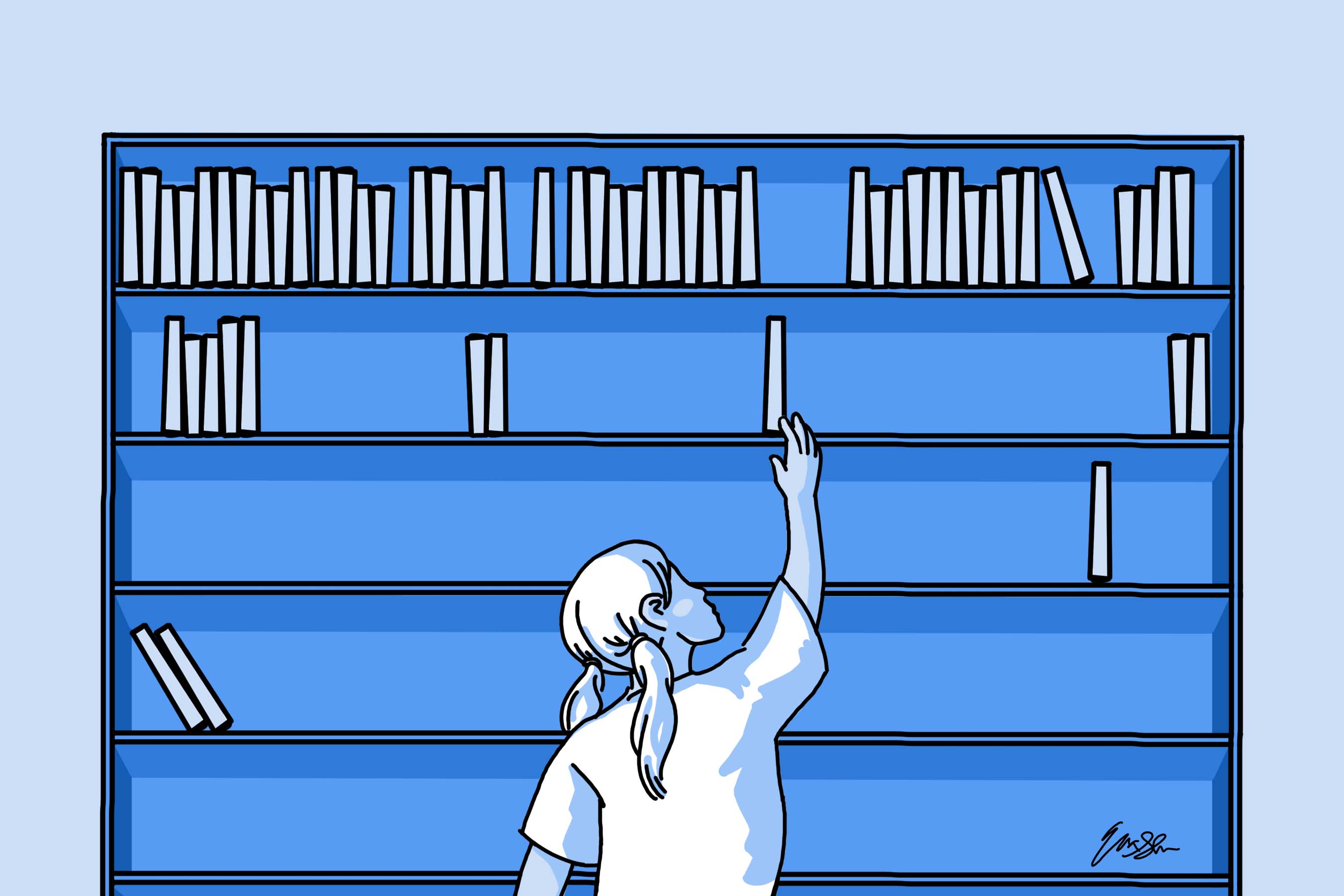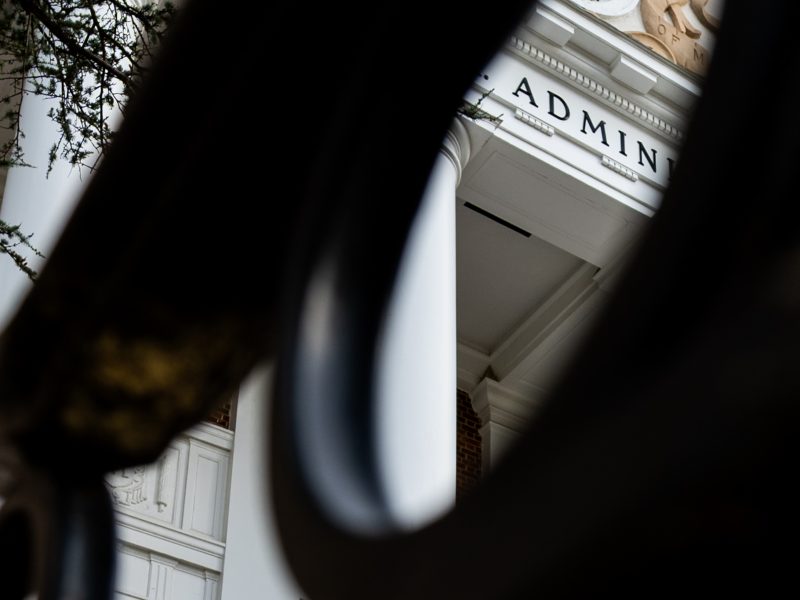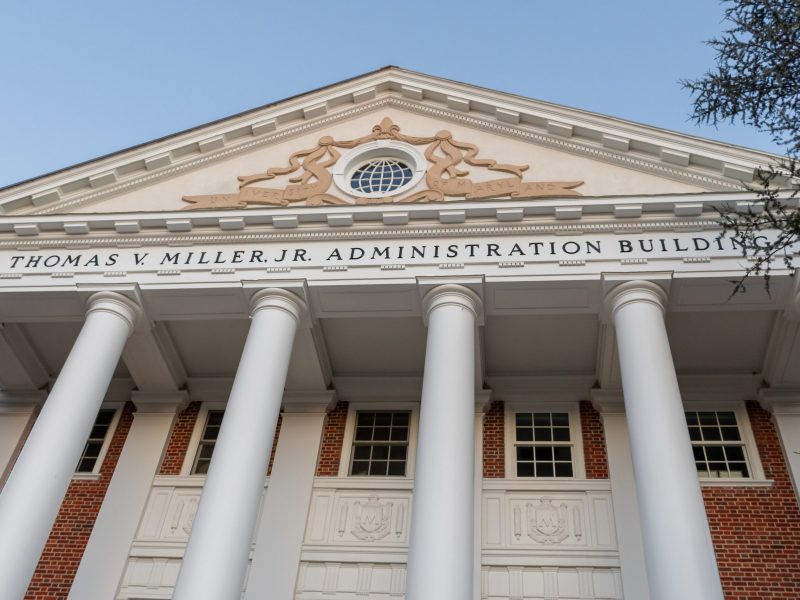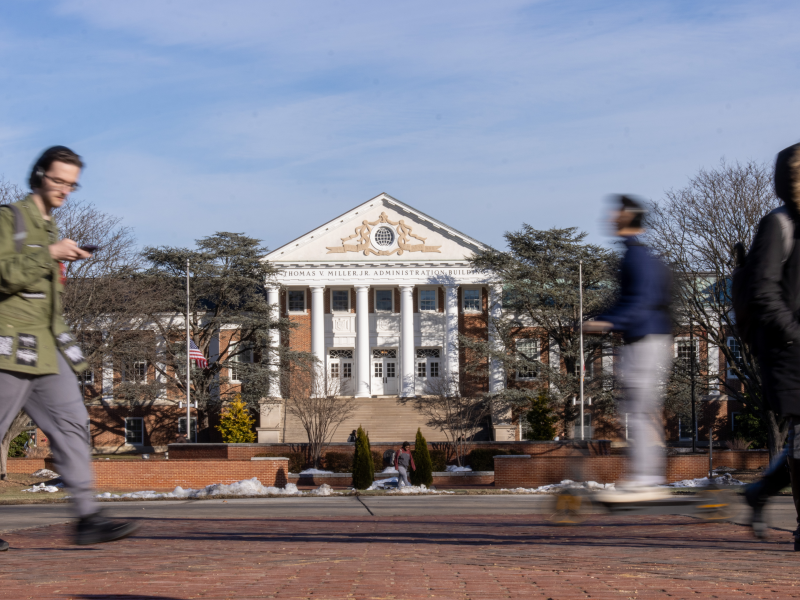By: Lauren Nurse
Senior year is turning out to be everything I hoped it would. I’m living with my best friends, I studied abroad over winter break, and of course, crab nachos are still half off at Looney’s Pub on Friday.
I arrived on the campus with a decent AP Government score and an interest in law, which landed me in the government and politics department. Since then I’ve researched elections, interned at a state agency and spent more pocket change at the Tydings Hall vending machines than I’m willing to admit. But it was an afternoon mentoring with America Reads*America Counts that would finally ignite a passion and inspire a career.
I was mentoring in an after-school program when I met Dalia, who recently emigrated from Honduras with her family. Despite being placed in remedial math, she was sharp, caring and bright. Every week I wrote detailed progress reports to be sent home and signed by her parents. I painstakingly elaborated on what we were working on and strategies for practicing at home. Yet every week, like clockwork, the reports came back blank. I finally asked Dalia why the slips weren’t signed. Without looking up from her warm-up exercise, she told me they weren’t signed because her mom didn’t speak or read English.
I joined the mentoring program to make a difference in my community. But that afternoon, two lightning bolts struck. First, I wanted to be a teacher in a school like Dalia’s. Second, I was going to need to learn Spanish.
Teaching is definitely hard work. But when I think about what I’ve loved about life on the campus and the life I hope to chart beyond it, I can’t help but think teaching might be exactly what I’m looking for: a community to care about, relationships that matter, an opportunity for incredible impact, sporting events; the list goes on.
We have a real crisis in education in this country. The students who would benefit most from academic supports and resources are the least likely to get them. As a result, a child’s chance of breaking the cycle of poverty into which she was born is slim. It’s a cycle that’s reinforced across systems at every turn. Parents who can’t access health services struggle to stay employed. Those working multiple jobs need after-school care but don’t live in communities with the resources to provide it. Each inequity makes the other worse.
Staying a government and politics major offered me the flexibility to take human development classes, spend a semester abroad in a Spanish-speaking country, volunteer in local schools and take on leadership roles in student organizations. I realized I would need another pathway into teaching certification and wanted to join a diverse community of individuals driven by ending inequity. This led to Teach for America, where I’ll begin a lifetime commitment to fighting educational inequity this fall.
When we help kids change the way they think about their own capabilities and futures, we create classrooms full of students who are dreaming big. When we equip them with the skills and tools to thrive in and out of the classroom, we cultivate kids whose potential is boundless. It won’t happen overnight. It will take sustained, thoughtful effort. I want to be a part of it.
When I begin teaching in Houston, I’ll leverage a national network to make a local impact as a bilingual elementary teacher. I’ll strive to keep Dalia and her family on my mind and teach in ways that feel inclusive and accessible to my kids and their families. And as I work to empower my students to break the cycle, I’ll become part of a better one — a network of activists and advocates who have seen or experienced injustice first-hand, have been a part of chipping away at it and won’t rest until it’s gone.
I can’t wait for school to start.
Lauren Nurse is a senior government and Spanish major. She can be reached at laurennurse93@hotmail.com.



